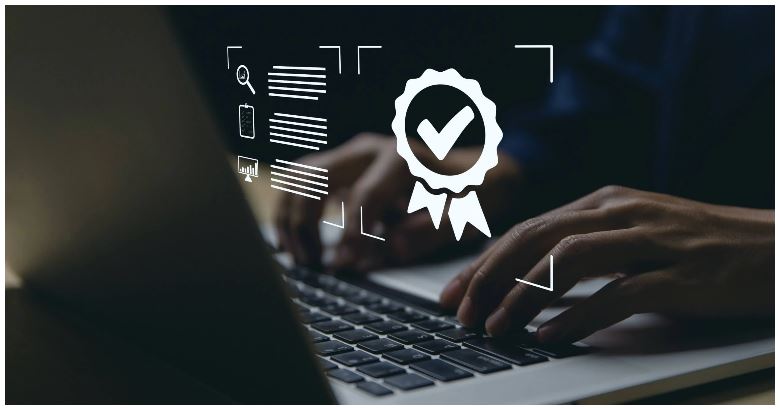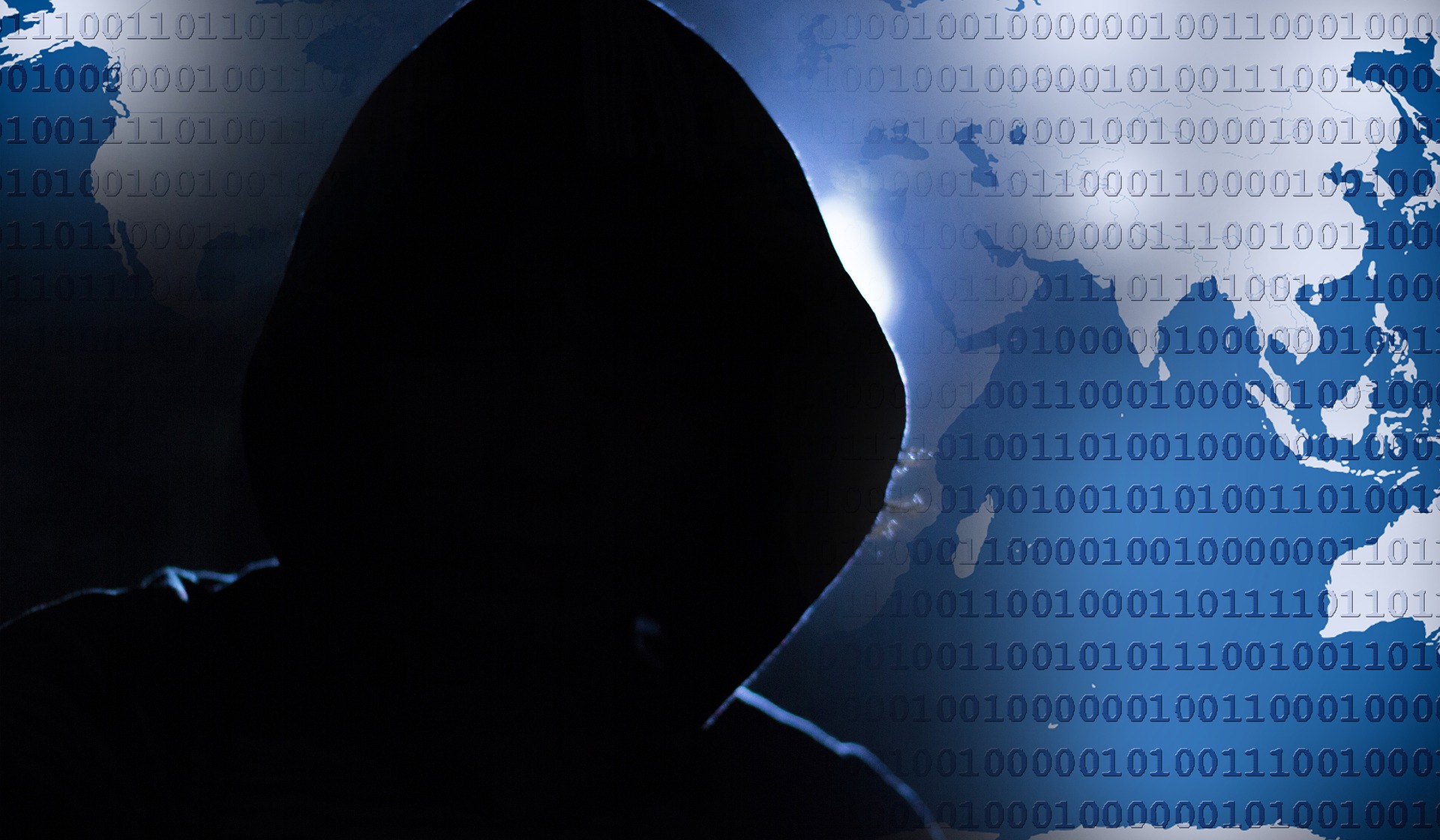In the three years of GIF project implementation in Lesotho, the aim has been to prevent and build resiliency to the threats emerging from living in the digital age.
A key component of this was to upskill human rights defenders, CSOs and journalists to understand and defend themselves against online threats including censorship, surveillance and cybercrime through strengthening their cybersecurity skills and protocols.
The entire implementation process of GIF project included diagnosis, recommendations and trainings from cybersecurity experts from the project’s regional partner DefendDefenders to give CSOs, human rights defenders and journalists an understanding to the online threat landscape they face as beneficiaries of GIF.
More importantly, they are now equipped and fully aware of appropriate resources and tools to protect themselves as well as comprehensive overview of their weaknesses and strengths regarding their digital security capacities.
Most of the beneficiaries if not all are currently working on internal digital security protocols and norms regarding data protection of their partners and clients, the management and storage of critical information, guidelines for their colleagues during their investigative work, protection of the data
of their donors and employees, crisis management and monitoring etc…
This process led to most CSOs’ first digital security policies. Human rights defenders, journalists and activists have also been rethinking other safety measures in their respective organisations. Their cybersecurity policies are now part of a comprehensive human resource policies, which enhances their physical, psychological and digital protection best practices and norms.
Beneficiaries of GIF project now understand how critical it is for advocacy and activism organisations to strengthen digital security capacities.
Good practices are a backbone of a comprehensive cybersecurity infrastructure which is increasingly important for human rights defenders and journalists since they are frequent targets of cyber attacks and threats.
Throughout their work, they identify the impact of digital threats on vulnerable groups such as women, members of TRANS, and non-binary community. Vulnerable groups are subject to censorship, smear campaigns and cyber attacks against activism forums or online pages, among other practices that violate their rights online.
Unfortunately, in Lesotho, many CSOs lack capacities and resources to withstand attacks and potential vulnerabilities in their systems, especially those working on a local level in the periphery, such as journalists and racialised groups.
That is why building initiatives and supporting partnerships as GIF project supported local digital security consultant Ms Mohloboli to open cybersecurity opportunities to CSOs has been significant to strengthen
CSOs’ digital capacities and a formation of a culture of cybersecurity awareness in the country.
Beneficiaries of GIF project have made calls to the lead of the project Internews International through Ms Mohloboli, other stakeholders, donors and implementers to democratize and make cybersecurity resources, tools, and knowledge accessible organisations and individuals in Lesotho operating in insecure contexts, and they have also started advocating for CSOs who have not been part of GIF to invest in cybersecurity to better protect their employees, their partners and the people they are striving to help.






